- Though it may not be a settled issue among index providers, Taiwan’s economy is quite mature, and “developed.” Unfortunately, though, this means that Taiwan lacks much of the raw growth potential inherent to most other “emerging markets” that are bootstrapping their way out of base poverty, toward something incrementally better.
- If Taiwan does still have room to “emerge” and improve, it is in its domestic service sector, especially in financial services. I was amazed at the contrast between the country’s export-oriented manufacturing sector, which is polished and highly competitive, and its domestic financial system, which is crude and unsophisticated.
For investors focused on overseas markets, Taiwan is something of a conundrum: should the country be classified as an “emerging market” or a “developed” one? All obvious measures of social and economic development point to the latter. Taiwan enjoys a highly industrialized economy, one that ranks among the largest in the world.1 Its workforce is well educated and enjoys low rates of unemployment. Industrial parks located to the south of Taipei (in Hsinchu) are home to some of the most sophisticated technology companies in the world. The average per-capita income exceeds $37,000, well above the threshold typically associated with developing countries.2
Yet despite such evidence, the country is designated an “emerging” market by two of the most prominent index providers.3 The index providers’ rationales rest upon detailed analyses, but essentially they boil down to whether the local currency is freely traded (for the most part it is, but there are some constraints), whether the local stock market observes standard global practices for trade settlement (not exactly), and whether the market readily permits short sales of stock (strike three).
Personally, I find such distinctions to be overly nuanced: in nearly every material respect, Taiwan qualifies as a highly “developed” country. The country’s main association with the developing world stems from its extensive commercial links to China and East Asia. Otherwise, it is a very mature market – and unfortunately, that makes it challenging to discover the sort of growth potential that most investors associate with “emerging” markets.
Taiwan’s economic maturity is evident in its street traffic – or rather, the lack thereof. In most developing countries, transport by car is a frustrating exercise. The traffic snarls of Mumbai, Bangkok, Mexico City and Istanbul are legendary. However, as an emerging market investor, you eventually embrace such chaos: you know that it is symptomatic of the growth you seek to capture within your portfolio. Taiwan is so very different in this regard: the roads function very well, and the streets are often empty of the hustle and bustle.
On my way into Taipei from the airport, one of the first things I saw was a set of elevated roadways under construction; presumably they will become toll roads, for those willing to pay a premium to expedite their trip. This would seem reasonable enough; in the past decade, Bangkok has relieved some of its congestion with a similar project. Yet in Taiwan's case, it seemed utterly unnecessary. The original, older road on which I traveled was still in good repair and nearly devoid of traffic. Perhaps it was the hour of the day, and perhaps I got lucky, but I could not help but think that Taiwan’s smooth and quiet highways had more in common with Japan’s infamous "roads to nowhere" than with the bustling streets of Mumbai or Mexico City. As an investor, this realization was a bit defeating: I wondered where I could find the sort of raw growth potential that accompanies a society’s efforts to progress from base poverty to something better. I wondered what political ends are served by the overwrought, and probably unnecessary, elevated roadways.
On a more positive note, my trip confirmed what I knew from prior experience: namely, that Taiwan is home to a remarkable number of sophisticated, globally competitive businesses. The country’s export-oriented industrial sector is formidable: Taiwan’s technology and manufacturing firms are vaunted for their ability to succeed in highly competitive global markets. For this reason, the Fund currently holds the shares of two companies located there.
Despite Taiwan’s economic sophistication and its industrial prowess, I was struck by at least one area where the country needs substantial improvement: its financial institutions. While I was there, news headlines revolved around a scandal in Taiwan’s public pension system. A major international asset management company allegedly conspired to defraud the government though abuse of public funds.4 This was only the latest in a long string of financial scandals in Taiwan that I have watched unfold over the past decade. I am astonished that such an efficient and well-educated country suffers from such poorly-managed financial institutions. The juxtaposition of Taiwan’s world-class exporters against its second-rate financial sector is jarring; it’s a bit like a weight-lifter who chose to exercise just one arm, leaving the other one ineffectual and limp. Taiwan’s financial institutions need a major upgrade. Introducing a fiduciary standard for fund managers and wealth advisers would be a good start. Ultimately, the sector needs to modernize in the way that the country’s exporters learned to do a long time ago – and maybe then, Taiwan will finally earn the “developed” moniker that eludes it.
Andrew FosterTaipei
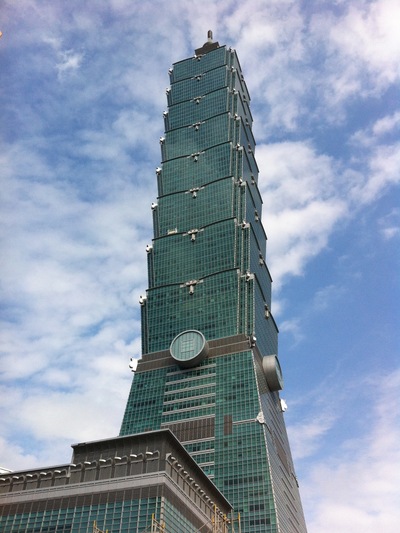

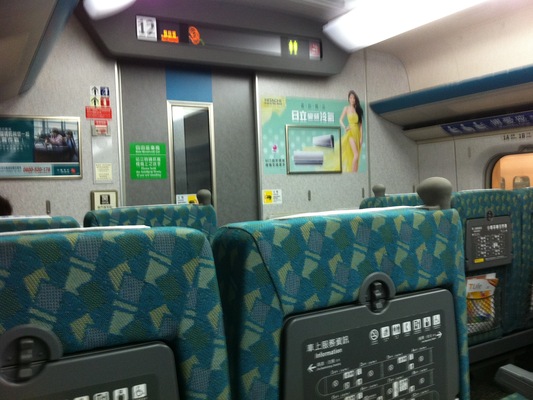
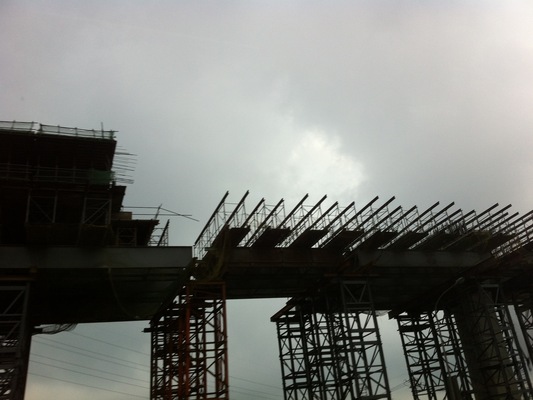
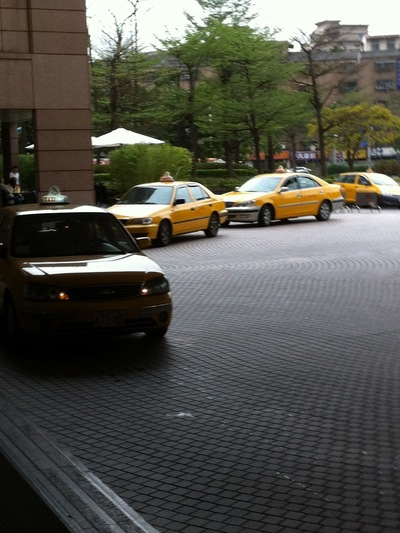
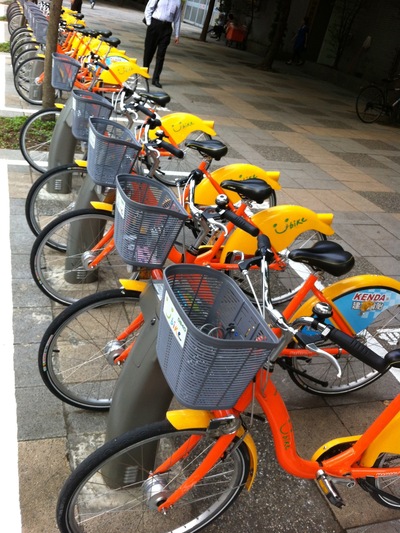
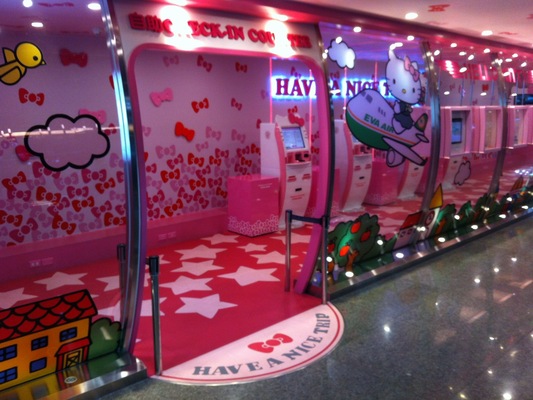




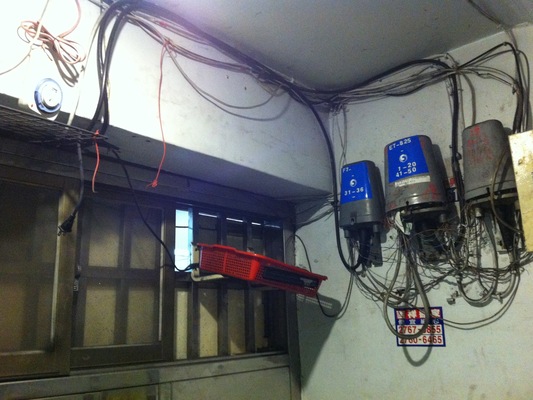
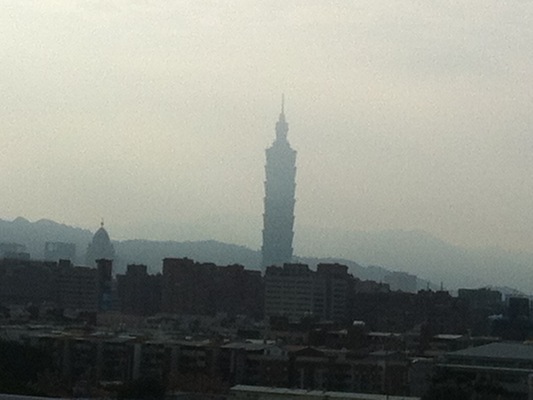
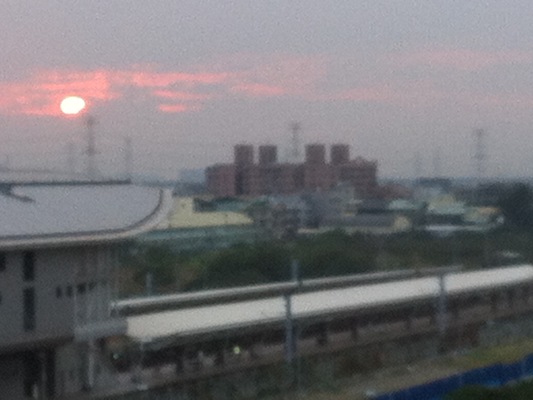
- The views and information discussed in this commentary are as of the date of publication, are subject to change, and may not reflect the writer's current views. The views expressed represent an assessment of market conditions at a specific point in time, are opinions only and should not be relied upon as investment advice regarding a particular investment or markets in general. Such information does not constitute a recommendation to buy or sell specific securities or investment vehicles. It should not be assumed that any investment will be profitable or will equal the performance of the portfolios or any securities or any sectors mentioned herein. The subject matter contained herein has been derived from several sources believed to be reliable and accurate at the time of compilation. Seafarer does not accept any liability for losses either direct or consequential caused by the use of this information.
- CIA, The World Factbook, https://www.cia.gov/the-world-factbook/countries/taiwan/.
- CIA, The World Factbook, https://www.cia.gov/the-world-factbook/countries/taiwan/.
- MSCI considers Taiwan an “emerging market” and FTSE considers the country an “advanced emerging market.” Sources: http://www.msci.com/products/indices/country_and_regional/em/ and http://www.ftse.com/Indices/FTSE_Emerging_Markets/index.jsp.
- The China Post, “Fund managers running fraud scheme: legislator,” 3 November 2012.
![[Chrome]](/_layout/images/ua/chrome.png)
![[Firefox]](/_layout/images/ua/firefox.png)
![[Opera]](/_layout/images/ua/opera.png)
![[Microsoft Edge]](/_layout/images/ua/edge.png)